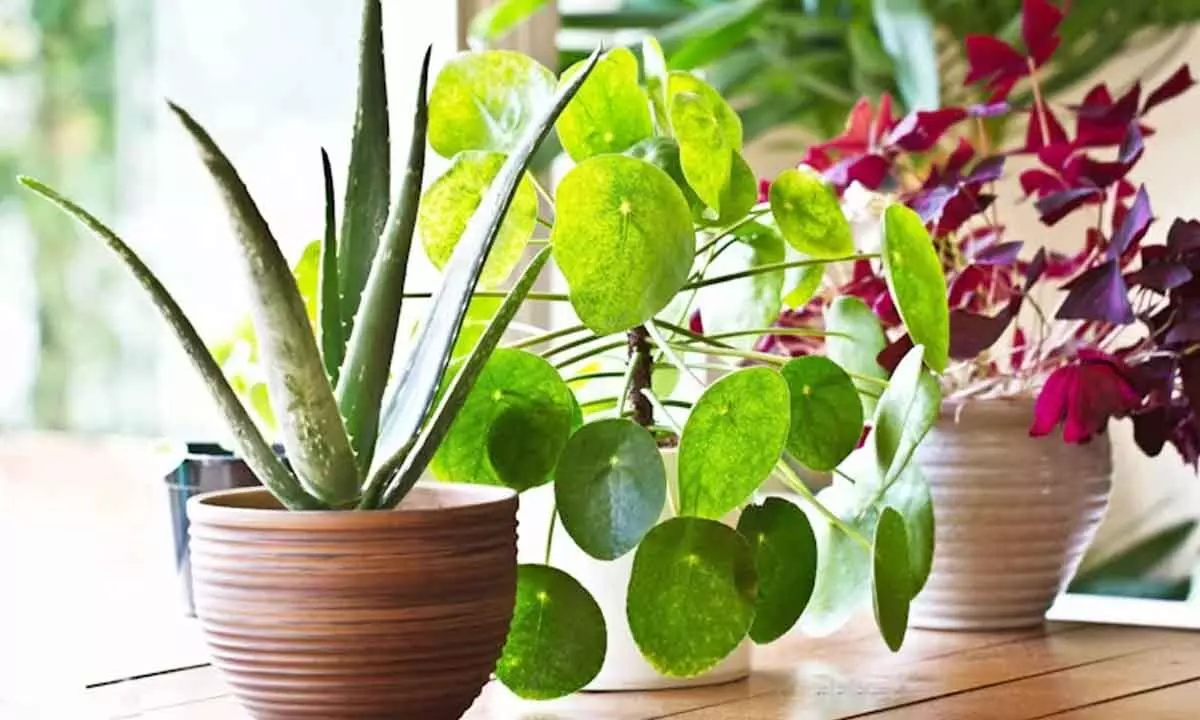Indoor plants can help protect against cancer
A new study showed that mix of indoor plants was highly effective at removing cancer-causing pollutants, with 97% of most toxic compounds removed from surrounding air in just 8 hours
image for illustrative purpose

Plants can efficiently remove toxic gasoline fumes, including cancer causing compounds such as benzene, from indoor air, according to a study.
Previous studies on indoor plants have shown they can remove a broad range of indoor air contaminants, however this is the first study into the ability of plants to clean up gasoline vapours, which are one of the largest sources of toxic compounds in buildings worldwide.
The study led by University of Technology Sydney (UTS) showed that a mix of indoor plants was highly effective at removing harmful, cancer-causing pollutants, with 97 per cent of the most toxic compounds removed from the surrounding air in just eight hours.
Poor indoor air quality is responsible for 6.7 million premature deaths globally, according to the World Health Organisation. Most people spend 90 per cent of their time indoors at home, school or the workplace, so adopting new strategies to improve air quality is critical.
Bioremediation researcher Associate Professor Fraser Torpy from UTS said the study results, based on measurements from a sealed chamber, had far exceeded their expectations when it came to removing gasoline pollutants from the air. "This is the first time plants have been tested for their ability to remove gasoline-related compounds, and the results are astounding.
"Not only can plants remove the majority of pollutants from the air in a matter of hours, they remove the most harmful gasoline-related pollutants from the air most efficiently, for example, known carcinogen benzene is digested at a faster rate than less harmful substances, like alcohols.
"We also found that the more concentrated the toxins in the air, the faster and more effective the plants became at removing the toxins, showing that plants adapt to the conditions they're growing in," Torpy said.
Offices and residential apartment buildings often connect directly to parking garages, either by doors or elevator shafts, making it difficult to avoid harmful gasoline-related compounds seeping into work and residential areas.

